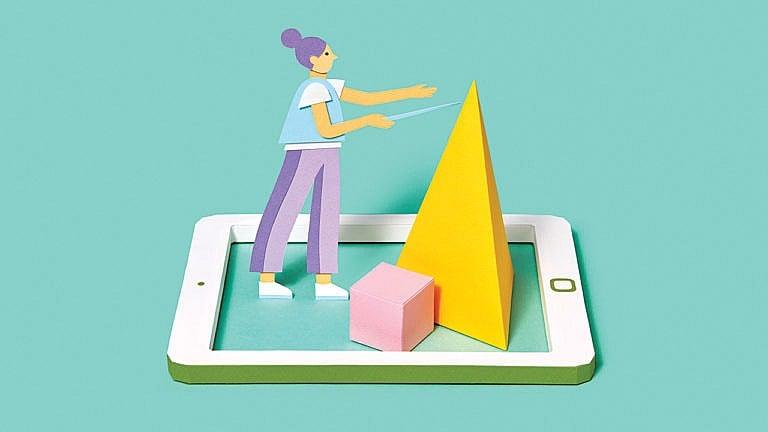How schools combatted the isolating effects of remote learning
Schools are going above and beyond to facilitate the social interaction students so desperately need

Share
It will likely take decades to see and understand the full effects of remote learning on kids, but studies are already trickling in: In February, SickKids released the results of a survey asking more than 1,000 parents and nearly 360 youth if the pandemic had worsened their mental health—and if so, how. Their findings were concerning, albeit not surprising: Of six domains—depression, anxiety, irritability, attention span, hyperactivity and obsessions/compulsions—more that 70 per cent of school-aged kids reported deterioration in at least one. Some experts predict that more than 50 per cent of children during COVID now meet the criteria for a mental health disorder.
With rare exceptions, for example a child with sensory issues or a child who’s bullied, experts in the field believe long-term remote learning is largely detrimental to kids’ mental health. “We have a mental health crisis in this province and beyond,” says Dr. Kiran Pure, a child psychologist in Dartmouth, N.S. “We typically get 1,200 to 1,400 referrals in a year. [This year,] we’ve had 3,200 since June 2020.” As predicted, Pure has noticed rates of anxiety, depression and even eating disorders are more prevalent than before.
But even kids without an official diagnosis will be and already have been affected by COVID, and schools are going above and beyond to facilitate the social interaction students so desperately need. Park Street Education hosted ample virtual activities like cooking classes, escape rooms, pumpkin carving and game days; Blyth Academy offered yoga and art classes, meditation lessons and scavenger hunts.
At Trinity College School, students benefit from a personalized “circle of care.” “We provide a number of adults—house staff, academic advisors, counsellors, peer mentors—for students to reach out to feel seen and listened to,” says Krista Koekkoek, director of guidance and well-being. Rather than wait for stressed students to come to them, Trinity got proactive and reached out first. “We look to connect with students individually, in small groups and large groups, and as a full community.” Alongside all the usual clubs and teams, Trinity got creative to encourage interactions of all kinds. “We did virtual workouts, book club meetings, debates and trivia, online movie nights and coffee houses,” says Koekkoek.
Remote learning hasn’t been easy on kids, but there are silver linings to be found. “I don’t have any quick answers, but the fact that we’re talking about this and prioritizing mental health is really, really good,” says Pure. Children, meanwhile, are surprisingly resilient—more so than most adults. “Our kids have done very well, all things considered, and most will bounce right back.”
How parents can help
A few good habits to make the pandemic a little bit more bearable on your kid’s sensitive brain.
Just listen: The very best thing you can do as a parent is to just listen. “The voice of a little person should be considered the same as a voice of a big person,” says Pure. If your kid says they’re tired or nervous or angry, it’s important to acknowledge their feelings as valid.
Prioritize sleep: Without good sleep, it’s nearly impossible to have good anything else. “You’re tired, you don’t eat well, you don’t have energy to exercise,” says Pure. Make a routine and stick to it.
Close that computer: “Even if it’s just a walk around the block, kids need to be outside with some social interaction every single day.” If this means playing hooky for a minute or two, so be it.